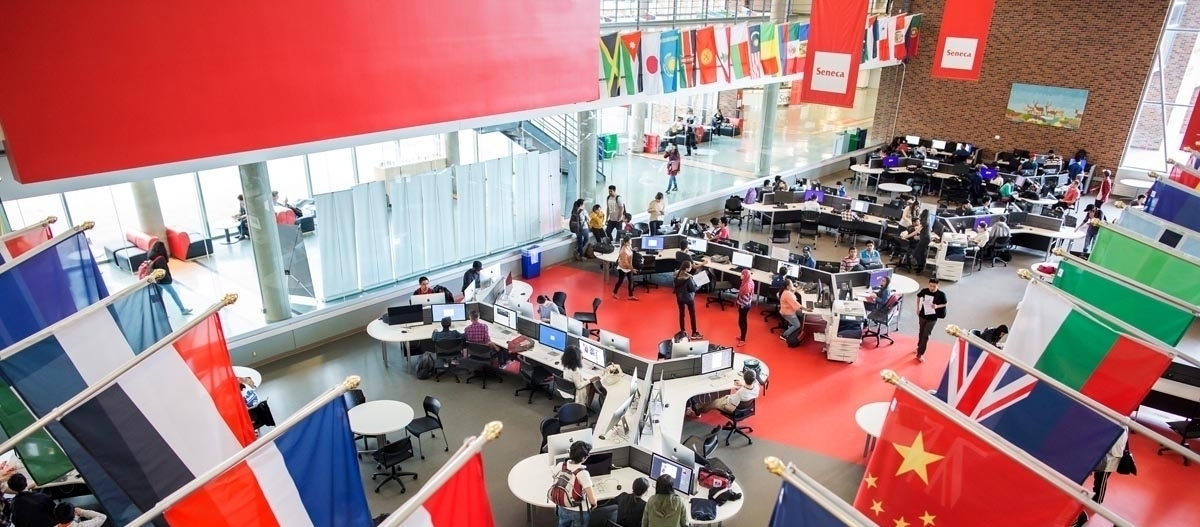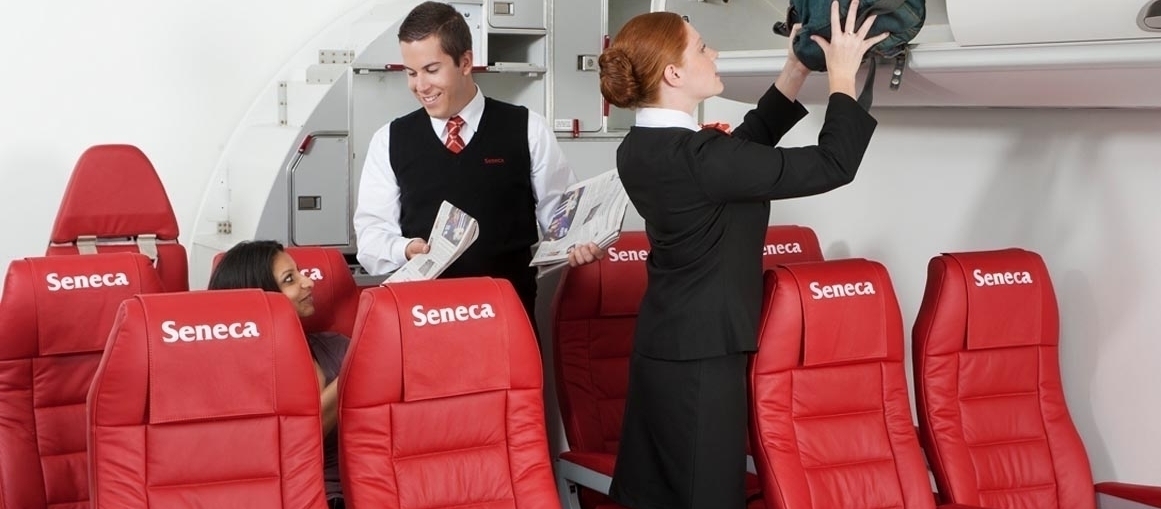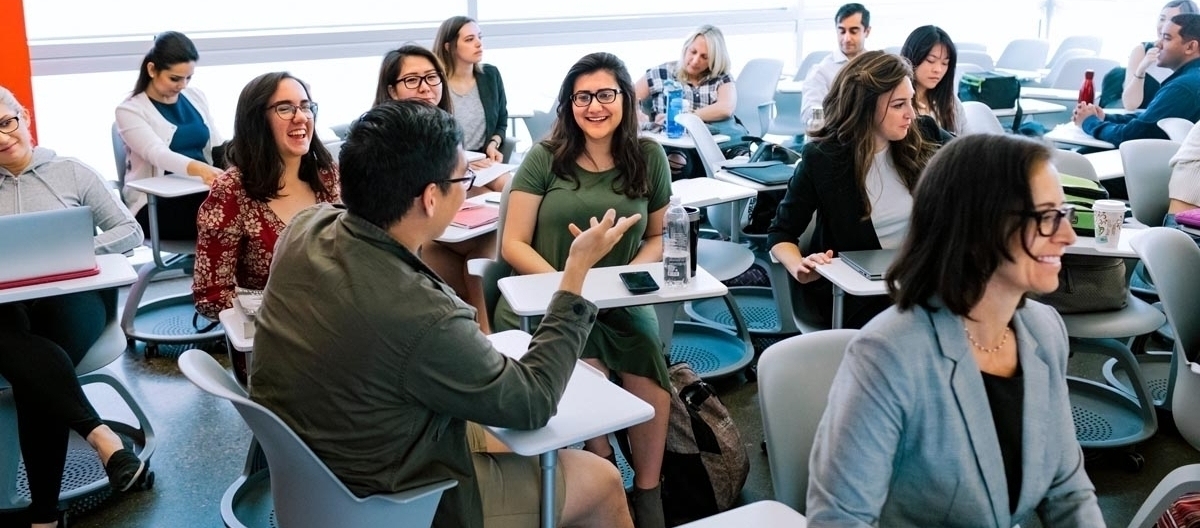All of Seneca's services are accepting at least one form of cashless payment, which includes OneCard, debit card and/or credit card. Note: Payment methods may vary by service area and are subject to change.
This page outlines important topics related to finances for international students.
View the Life in Canada video for an introduction to living in Canada and resources to help you get settled.



